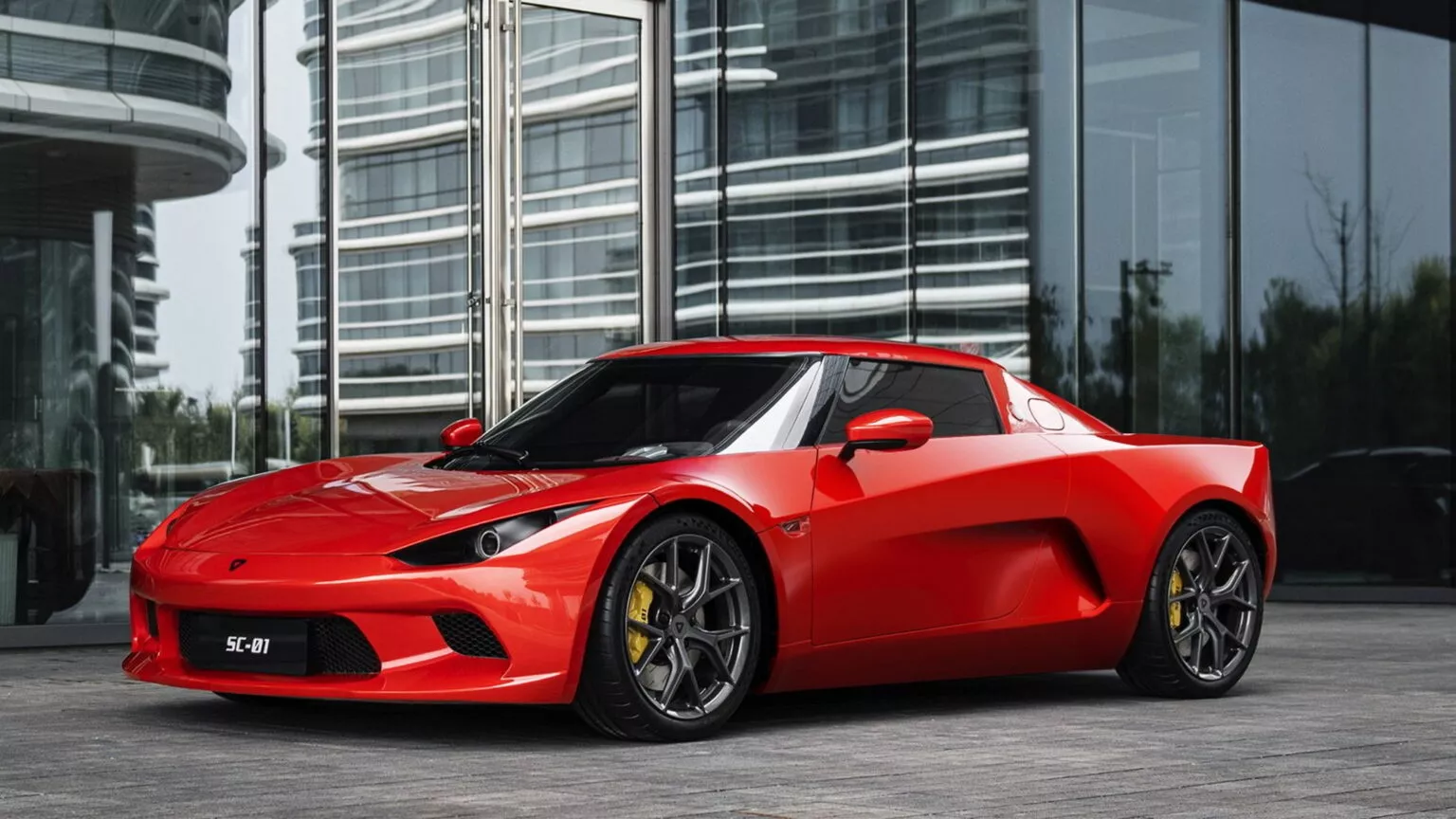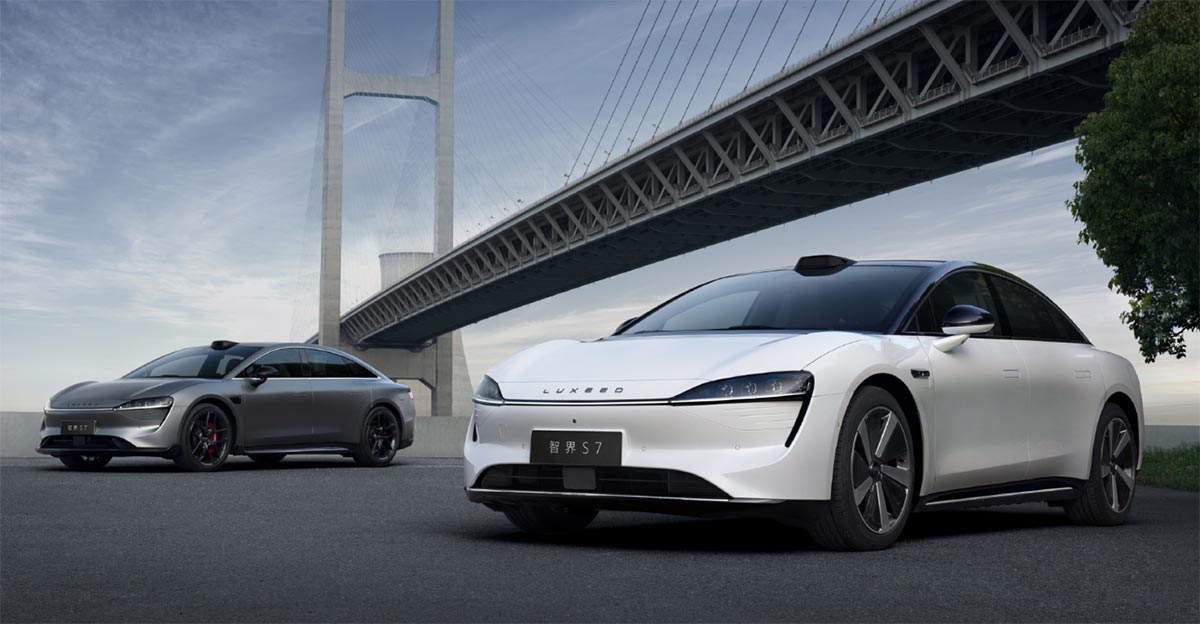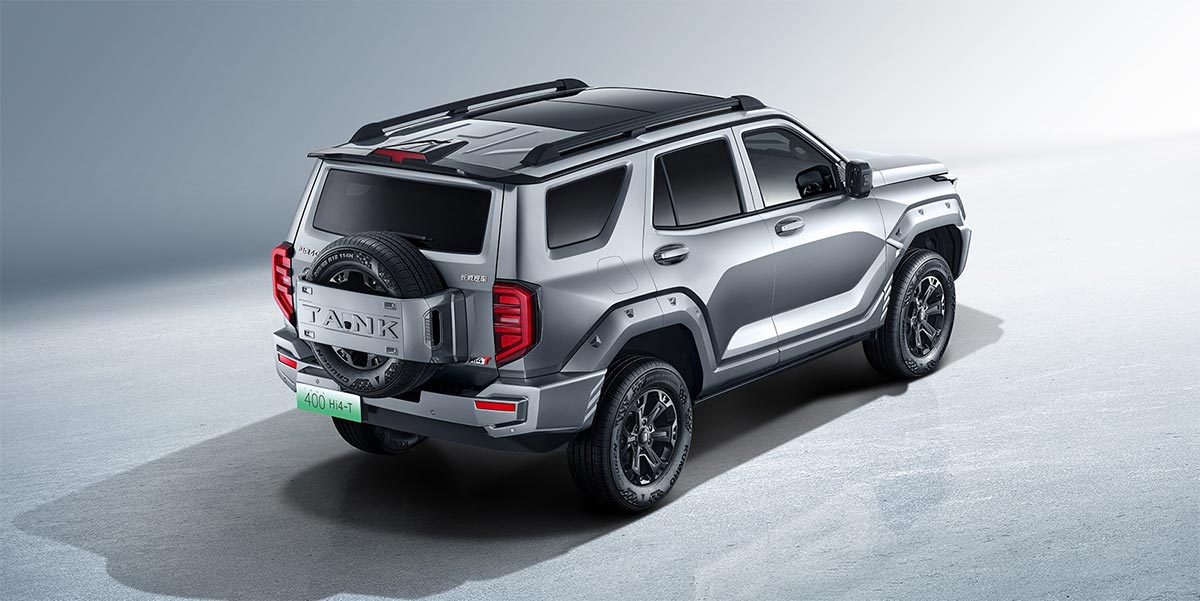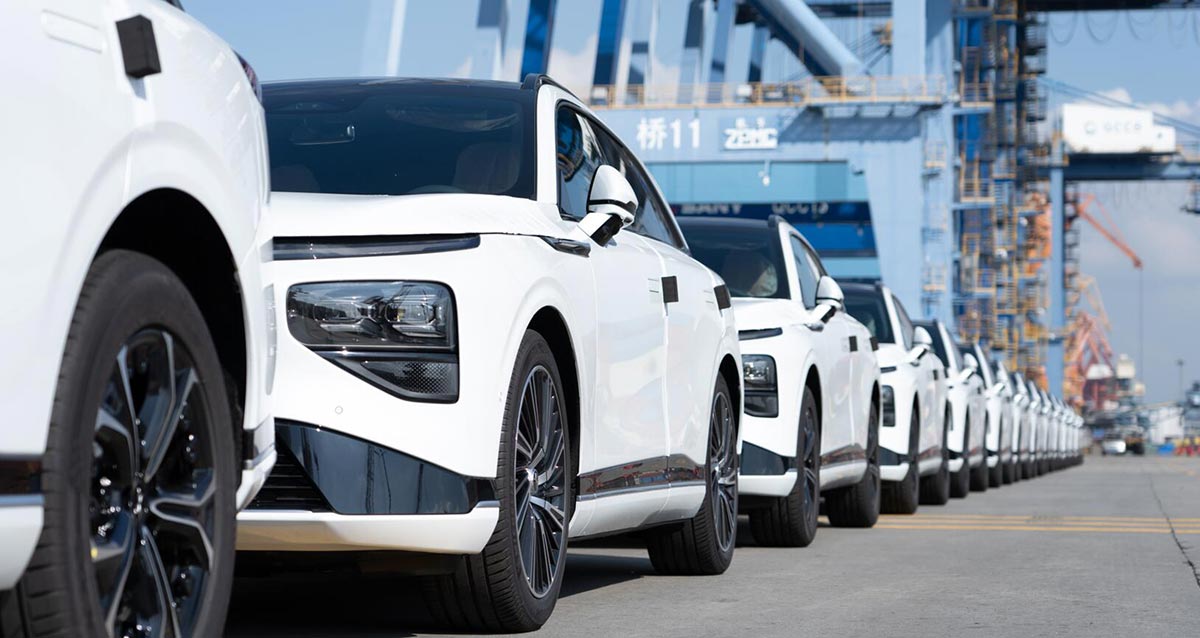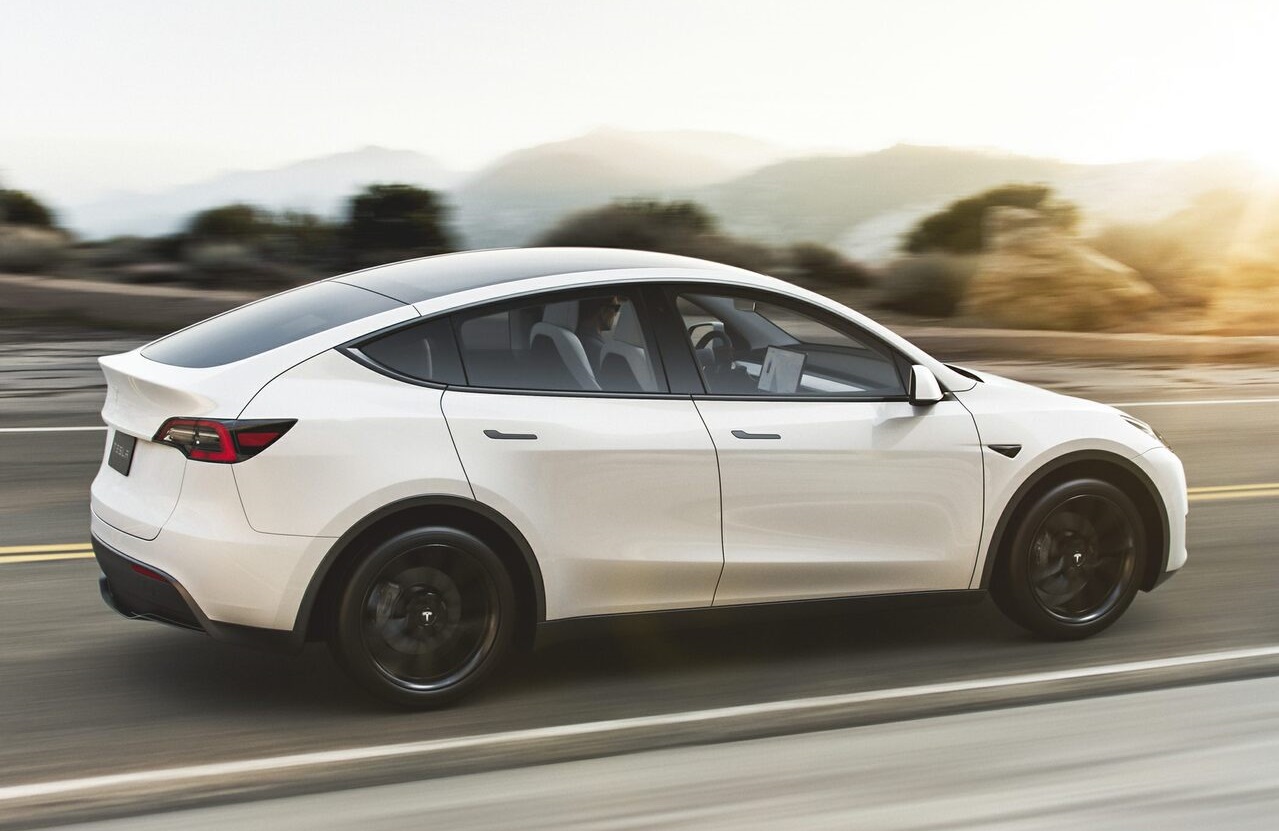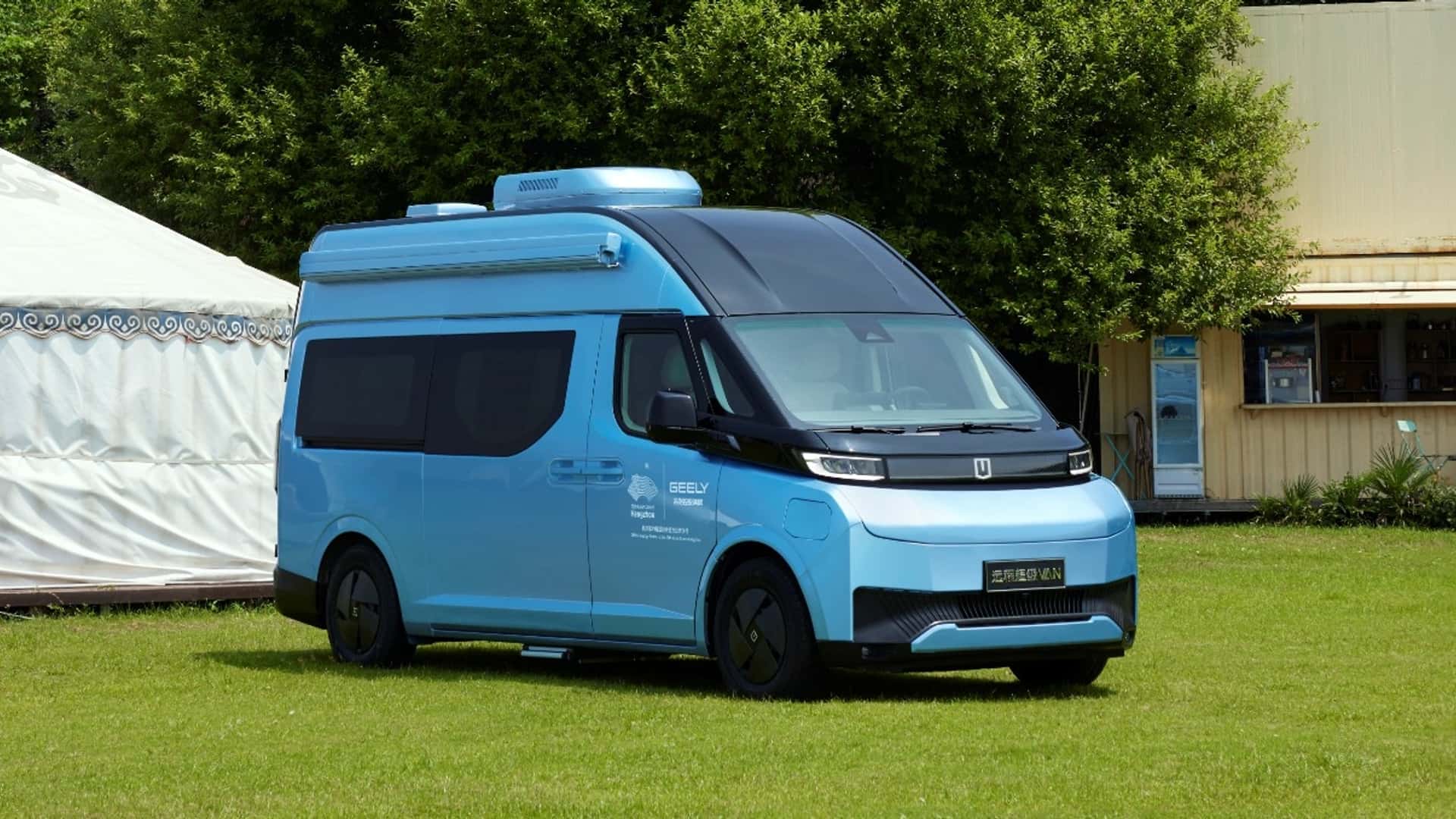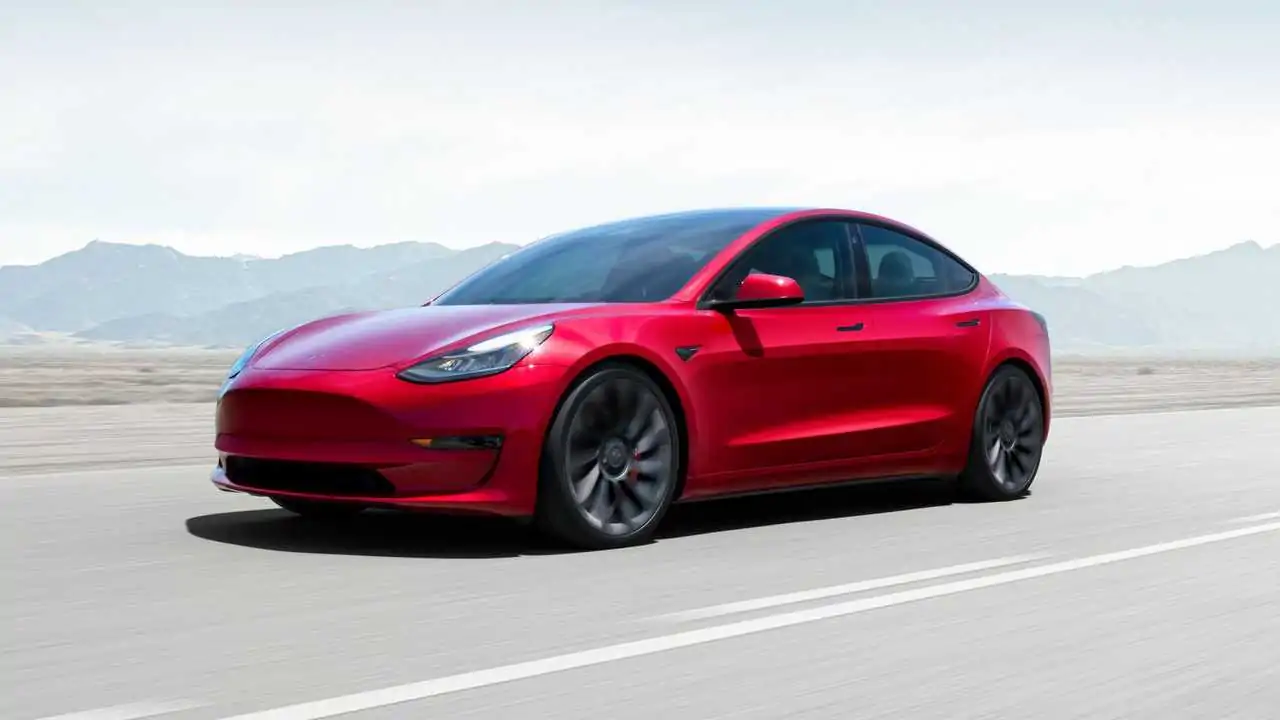Chinese startup Small Sports Car (SSC) has resurfaced with images of what it claims to be the production-ready version of its inaugural model, the SC-01. This electric sports car, which drew attention for its resemblance to a fusion between a Lancia Stratos and the first-generation Tesla Roadster, has rekindled the interest of automotive enthusiasts.
What sets the SC-01 apart is its remarkable price tag, aiming to be available for under ¥300,000, roughly equivalent to US$41,029 at the current exchange rates, as reported by China’s Autohome. With a mid-mounted battery and a robust power output of up to 429 horsepower (320 kW/435 PS), it promises to be an enticing option for those keen on electric vehicles.
See also: SC01 electric sports car specifications : Everything You should know
One distinctive feature of the SC-01 is its horizontally-mounted pushrod suspension, departing from the conventional skateboard platform commonly seen in other EVs. Instead, SSC has opted for a battery layout that places the batteries in the center of the vehicle, offering a more traditional sports car experience with a lower driving position.
This innovative design choice, coupled with the utilization of a tubular space frame construction around the batteries and driver, aims to deliver a highly rigid and lightweight vehicle. SSC’s ambitious target is a curb weight of just 2,866 lbs (1,300 kg), making it approximately 530 lbs (240 kg) lighter than the traditional internal combustion engine-powered Audi TT.
While the exact battery size remains undisclosed, SSC had previously stated its aspiration to achieve a range of 310 miles (500 km) on the NEDC cycle. This range should provide ample room for exhilarating Sunday drives and more.
See also: Faraday Future Ships Production-Ready FF 91 Futurist to China for Market Validation
Production of the SC-01 is slated to commence by the end of the year, though it remains uncertain whether SSC intends to market the car outside of China. If it aspires to enter the U.S. market, it will need to navigate a 27.5 percent tariff and possibly a name change to meet regulatory requirements.

